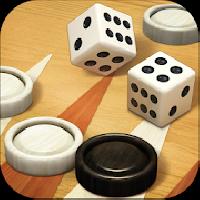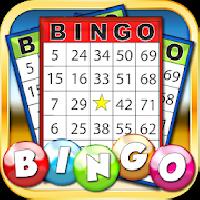|
Discussion in 'poker-card-game' started by Asim -
Jul 26th, 2023
12:14 pm.
|
|
Asim
|
- Start with Strong Hands:
- Play premium starting hands like high pairs (e.g., A-A, K-K), high cards of the same suit (e.g., A-K suited), and consecutive cards (e.g., Q-J, 10-9). This gives you a better chance of winning the pot.
- Position Matters:
- Pay attention to your position at the table. In later positions, you have more information about your opponents' actions, allowing you to make better decisions.
- Be Mindful of Your Bankroll:
- Manage your bankroll wisely and avoid going all-in on marginal hands. Set limits for yourself to prevent excessive losses.
- Watch Your Opponents:
- Observe your opponents' playing style and betting patterns. Look for weaknesses or patterns that you can exploit.
- Bluff Strategically:
- Bluffing is an essential part of poker, but use it selectively and strategically. Bluff when the situation is favorable, and your story makes sense.
- Avoid Tilt:
- Tilt refers to emotional frustration that affects your decision-making. If you experience a bad beat, take a short break to regroup and avoid making impulsive moves.
- Practice Bankroll Management:
- Stick to the "1% rule" for cash games - avoid risking more than 1% of your bankroll on a single hand. For tournaments, don't risk more than 2-5% on any given stage.
- Pot Odds and Hand Odds:
- Understand pot odds and hand odds to make better decisions. Pot odds determine if a call is profitable, while hand odds help you evaluate drawing hands.
- Adapt to Table Dynamics:
- Be flexible and adjust your playstyle based on the table dynamics, the skill level of your opponents, and the flow of the game.
- Study and Learn:
- Continuously improve your poker skills by studying books, watching videos, and reviewing your hand histories to identify areas of improvement.
|
This Website is not affiliated with Poker Card Game. trademarks are the property of their respective owners. Game content and materials copyright Poker Card Game. all right reserved.





















